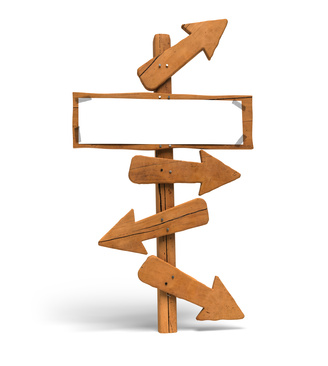

404

News & Updates
Contact us
Learn more about what Intelligent Automation can do for your business.
Intelligent Automation
5 Big Island Road
Warwick, New York 10990
North Carolina Office:
151 Michael Way
Clayton, NC 27520
New Jersey Office:
1115 Inman Ave #190
Edison, NJ 08820